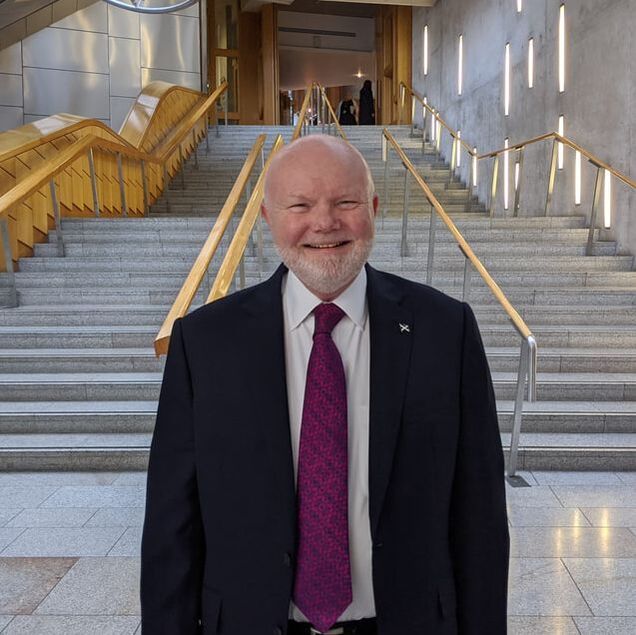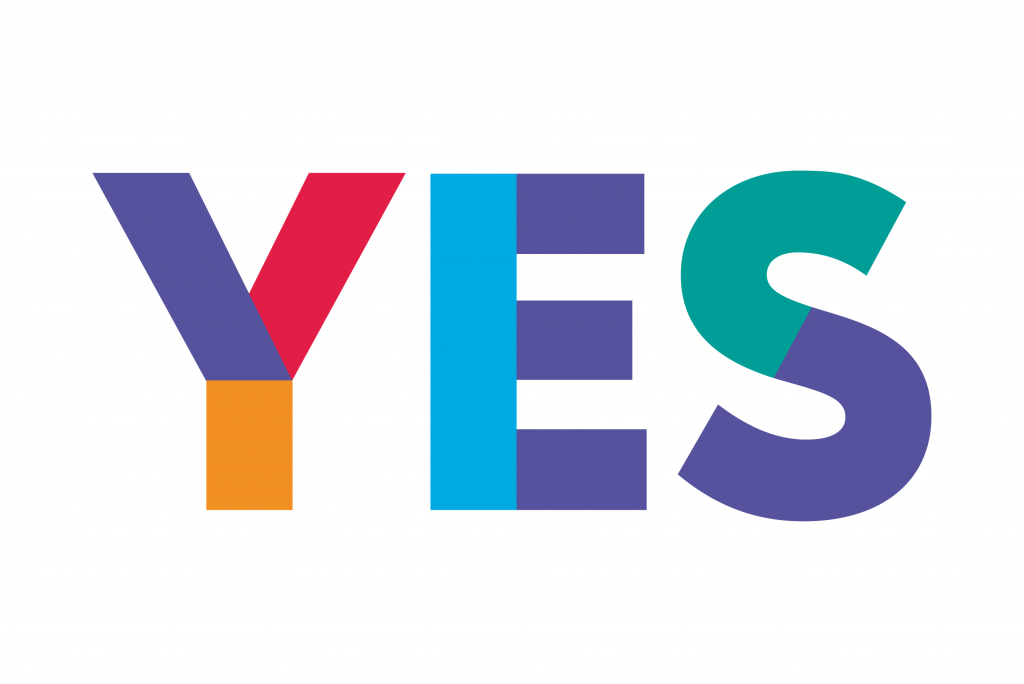SMITH COMMISSION - WELCOME NEW POWERS BUT FALLS FAR SHORT OF PROMISES AND WISHES OF PEOPLE27/11/2014 Commenting on the publication of the Smith Commission report this morning on behalf of the Scottish National Party, Deputy First Minister John Swinney MSP said:
"The Scottish National Party took part in the Smith Commission in good faith, and we have been pleased to work with Lord Smith and the four other political parties to deliver some additional powers for the Scottish Parliament. We thank Lord Smith and his secretariat for their hard work and commitment. "We welcome the new powers - as we support all progress for Scotland - and pledge to use them when they are in place in the best interests of the Scottish people. We also welcome the acknowledgement of the 'sovereign right' of the people of Scotland, and our ability to proceed to independence if we so choose. "But the proposals clearly do not reflect the full wishes of the people of Scotland, and also fall far short of the rhetoric from the No campaign during the referendum. Then, Gordon Brown promised 'nothing less than a modern form of Scottish Home Rule' and 'as close to a federal state' as the UK can be. That was the context for the "extensive new powers" promised in the Vow. "Regrettably, the Westminster parties were not prepared to deliver the powerhouse parliament the people of Scotland were promised - under these proposals, less than 30 per cent of our taxes will be set in Scotland and less than 20 per cent of welfare spending will be devolved to Scotland. That isn't Home Rule - it's continued Westminster rule. "As polling has shown, two-thirds of people want Scotland to have all powers apart from defence and foreign affairs - Devo Max - including majorities among supporters of all political parties. 71 per cent want control of all taxation in Scotland, 75 per cent want control of the welfare and benefits system, 65 per cent want control of policy regarding the state pension, and 68 per cent want control of oil and gas revenues. "Most significantly, the proposals do not include the job-creating powers that Scotland so badly needs to get more people into work and grow the economy, or welfare powers to tackle in-work poverty. "Control of employer national insurance contributions, tax incentives for research and development, the personal allowance to lift more low earners out of tax and make work pay, corporate taxation, child and working tax credits, and the ability to shape a welfare system that helps rather than hinders the path to employment - these all stay with Westminster. "This was a missed opportunity to devolve the welfare system in order to help build a fairer, more prosperous society - as the Scottish Council for Voluntary Organisations and many other expert organisations in civic Scotland called for - and the minimum wage, as the STUC wanted. "We will use all the new powers Scotland gets wisely, to improve the lives of the people we serve. "But the opportunity of the Commission was to make this the strongest package of self-government possible short of independence - which is effectively what the people voted for in the referendum. Unfortunately, this falls short because it could only go as far as the Westminster parties were prepared to go. "Next year's General Election offers the people of Scotland the opportunity to have their say, and the SNP will propose improvements to the package for which we will seek popular support in May. The Westminster parties have now gone as far as they are ever prepared to go in terms of powers for Scotland -and it is not as far as they indicated during the referendum. They have drawn their final line in the sand - and it is on the wrong side of majority opinion in Scotland. "The General Election enables the voice of the people to be heard over the powers that Scotland needs to boost employment and tackle inequality - and we look forward to their verdict."
0 Comments
Leave a Reply. |
Parliamentary WorkArchives
May 2024
Links |




